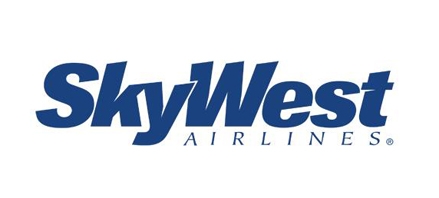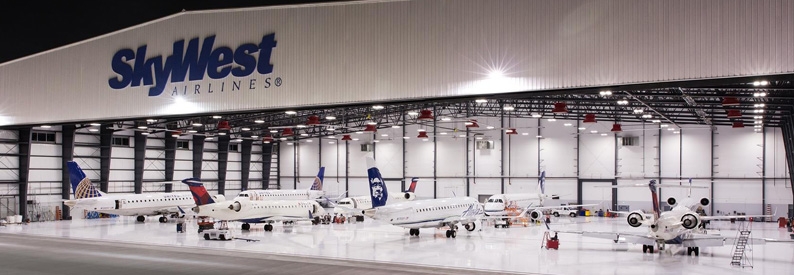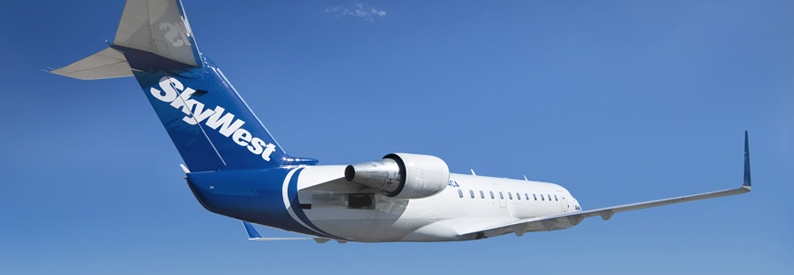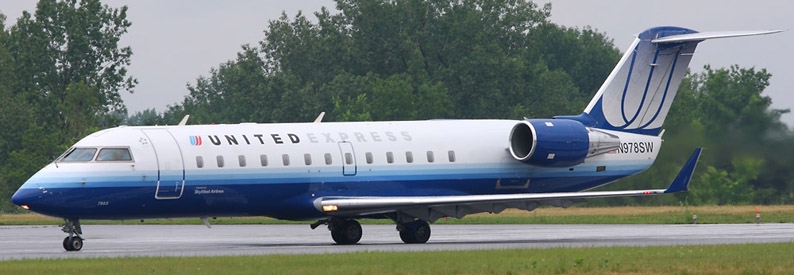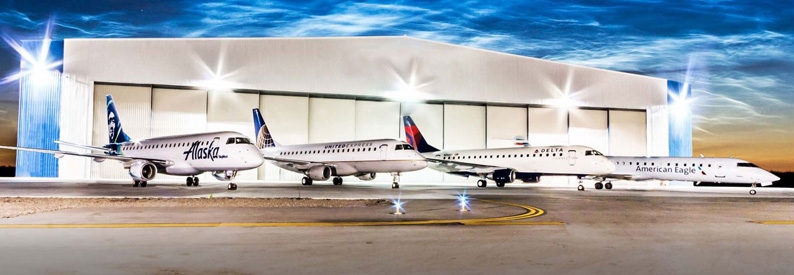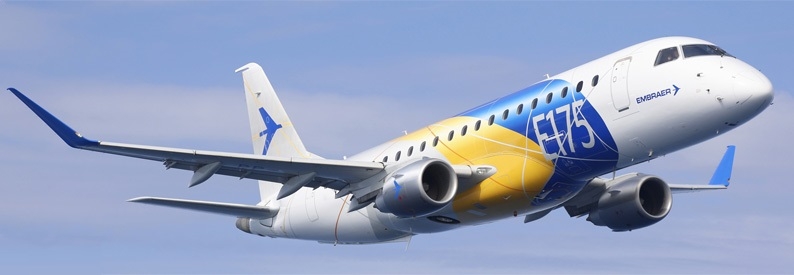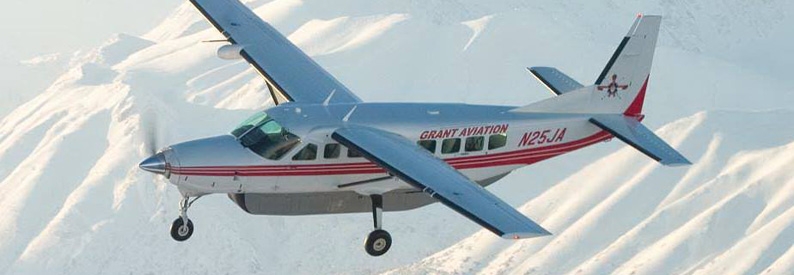SkyWest Airlines (OO, St. George Municipal) has slammed as "a shameless attempt at limiting competition", objections raised by Key Lime Air (KG, Denver Centennial) to SkyWest's plans to off-load its Essential Air Operations (EAS) onto its charter subsidiary, SkyWest Charter (SWC).
In an August 14 filing to the US Department of Transportation (DOT), SkyWest Chief Commercial Officer Wade Steel responded to the August 7 objection from Key Lime Air and parent Denver Air Connection, in which they petitioned the regulator to limit EAS flights operating under Part 135 [non-scheduled] and Part 380 [public charter] to the Alternate Essential Air Service (AEAS) programme. They argued that SkyWest's application was turning federal aviation codes "on its head". The AEAS scheme was the appropriate one for SWC, they argued, as it enabled communities to obtain service that does not meet the EAS guidelines, such as service with smaller aircraft, on-demand air taxi services, or ground transportation.
Steel said Key Lime Air/DAC's objection failed to mention their primary purpose: "To attempt to bar market entry of a competitor with far greater operating capability and higher standards than DAC's own. On this basis alone, DAC's argument should be dismissed outright," he said.
He pointed out that regulations permit the DOT to waive the scheduled air transport requirement of an EAS at the request of an affected community. "The Department has issued such waivers under the traditional EAS programme on numerous occasions."
Steel also dismissed as unfounded concerns that flights under Parts 135 and 380 in EAS markets would raise safety concerns and be deceptive. "SWC's EAS operations will exceed Part 135 requirements by a wide margin."
In addition, the department had long ago addressed "deception" concerns by requiring particularised disclosures and passenger contracts under Part 380 applicable to EAS, AEAS, and any other type of service.
Steel also pointed to about 40 subsidised EAS markets served with non-turbojet aircraft "where scheduled EAS is routinely operated under Part 135 and in many cases has been for years. Thus, any suggestion of a "disconnect" between traditional EAS and Part 135 is thoroughly mistaken," he argued.
He added that six communities were receiving EAS – not AEAS – under Parts 135 and 380 with subsidy contracts in effect until late 2025. These included Paducah, Kentucky; Clarksburg and Lewisburg Greenbrier Valley, West Virginia; Staunton in Virginia; and Cape Girardeau and Fort Leonard Wood in Missouri. He said each of these communities was served with 30-seat jets directly comparable to the equipment SWC plans to use.
As reported, SWC plans to operate EAS with reconfigured 30-seater CRJ200s, getting around a 1,500 flight hour rule applicable for Part 121 scheduled airline pilots and first officers. The plan is SkyWest's answer to the regional airline industry's pilot shortage.
Other opponents to the plans include American Airlines (AA, Dallas/Fort Worth) and the Air Line Pilots Association, International (ALPA), which argue that circumventing the minimum flight hour rule would reverse US regulations on safety and security.
